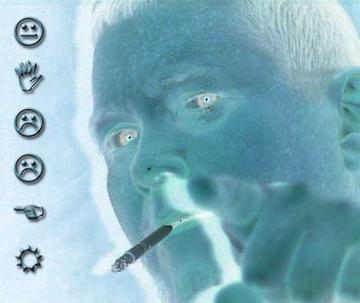Caffeine Content of Prepackaged National-Brand and Private-Label Carbonated Beverages
Abstract
ABSTRACT: Caffeine is a well-known stimulant that is added as an ingredient to various carbonated soft drinks. Due to its stimulatory and other physiological effects, individuals desire to know the exact amount of caffeine consumed from these beverages. This study analyzed the caffeine contents of 56 national-brand and 75 private-label store-brand carbonated beverages using high-performance liquid chromatography. Caffeine contents ranged from 4.9 mg/12 oz (IGA Cola) to 74 mg/12 oz (Vault Zero). Some of the more common national-brand carbonated beverages analyzed in this study with their caffeine contents were Coca-Cola (33.9 mg/12 oz), Diet Coke (46.3 mg/12 oz), Pepsi (38.9 mg/12 oz), Diet Pepsi (36.7 mg/12 oz), Dr Pepper (42.6 mg/12 oz), Diet Dr Pepper (44.1 mg/12 oz), Mountain Dew (54.8 mg/12 oz), and Diet Mountain Dew (55.2 mg/12 oz). The Wal-Mart store-brand beverages with their caffeine contents were Sam's Cola (12.7 mg/12 oz), Sam's Diet Cola (13.3 mg/12 oz), Dr Thunder (30.6 mg/12 oz), Diet Dr Thunder (29.9 mg/12 oz), and Mountain Lightning (46.5 mg/12 oz). Beverages from 14 other stores were also analyzed. Most store-brand carbonated beverages were found to contain less caffeine than their national-brand counterparts. The wide range of caffeine contents in carbonated beverages indicates that consumers would benefit from the placement of caffeine values on food labels.



No comments:
Post a Comment